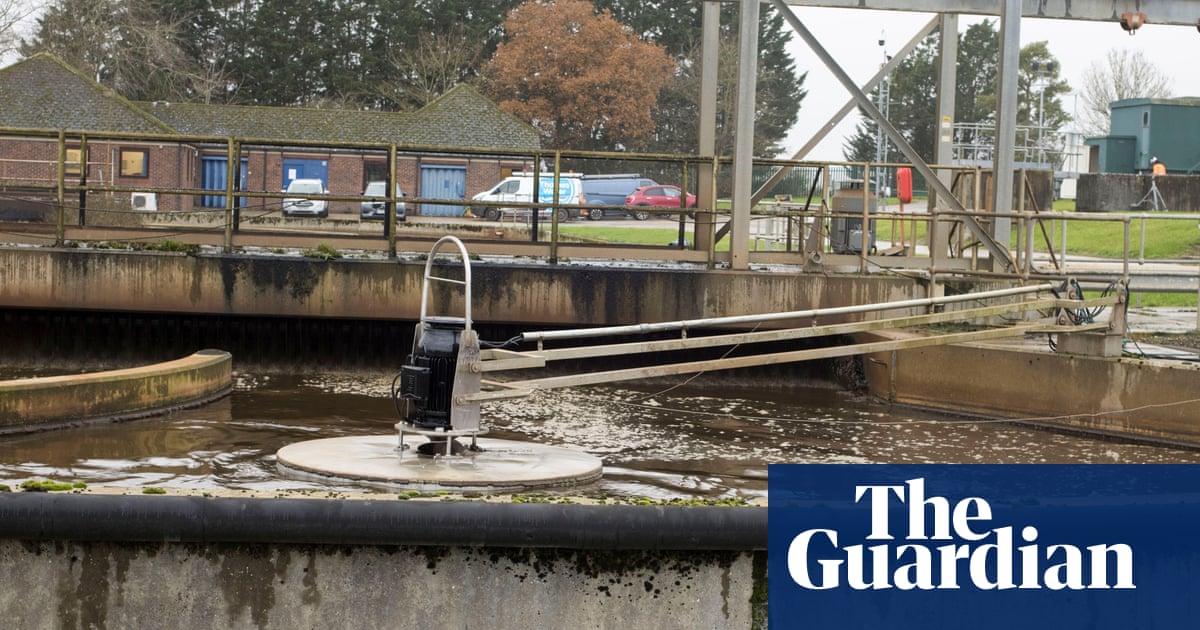
"Despite the apparent benefits of treated sewage sludge as a fertilizer, it poses significant environmental risks due to the presence of 'forever chemicals', microplastics, and toxic waste, which current regulations fail to adequately address."
"Experts have identified that about 87% of the UK's 3.6 million tonnes of sewage sludge is spread on farmland annually, raising concerns about unmonitored toxic contamination affecting water sources."
"Regulations established in 1989, requiring minimal testing for only a select few heavy metals, are viewed as outdated and inadequate in addressing the current dangers associated with sludge use in agriculture."
"Scientific estimates suggest that the UK could be facing the greatest levels of microplastic contamination from sewage sludge, with thousands of tonnes being spread on farmland every year."
Millions of tonnes of treated sewage sludge are used as fertilizer on UK farmland annually, despite containing harmful substances like forever chemicals, microplastics, and toxic waste. This practice poses risks to rivers and ecosystems, driven by outdated regulations. Approximately 87% of the UK's 3.6 million tonnes of sewage sludge is applied to farmland, often without sufficient monitoring for toxic contaminants. An investigation highlights that existing regulations require minimal testing, leaving a gap in safety standards that could lead to extensive environmental damage and health hazards for communities.
Read at www.theguardian.com
Unable to calculate read time
Collection
[
|
...
]